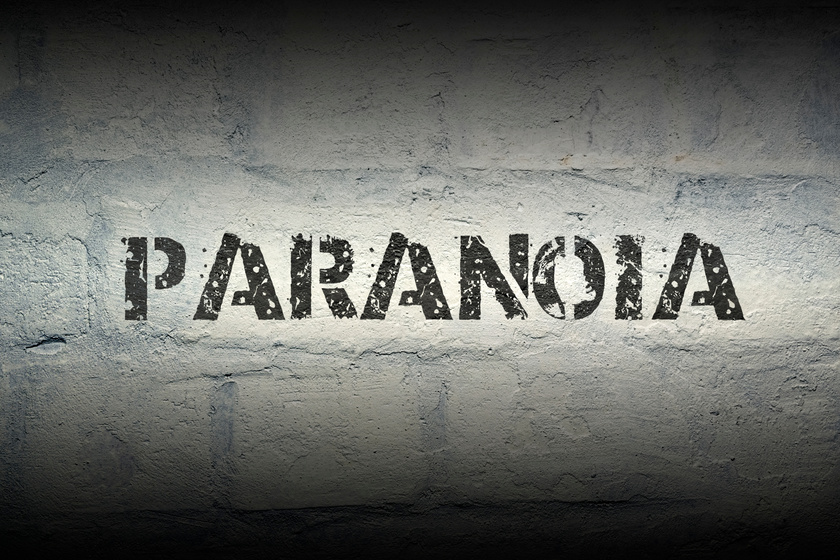If you are coping with a loved one who is experiencing paranoia, it can be hard to understand that they are not just simply ‘overthinking’. In fact, it is actually a type of mental health conditions that are called psychosis. It is possible that up to 23% of older adults will develop psychosis.
For more information on how the condition works and how best to support your loved one, read on.
Symptoms of Paranoia
Before you establish that your loved one is coping with paranoia, it is important to ascertain the frequency and severity of the paranoid behaviour. While this is a medical condition that should be taken seriously, it is important that you establish proper communication channels to make sure that it is caused by other underlying health conditions like dementia. For example, they may be convinced that someone is stealing from them if they are simply unable to remember where they have placed it last.
Key signs of paranoia will include extreme agitation, caution or stress that isn’t easily explain. On top of this, they may see creatures or individuals who are not there or hear sounds that cannot be explained.
What Can Cause Paranoia?
There is large range of causes that can lead to paranoid behavior. For example, late stages of Alzheimer’s Disease and dementia can lead to severe impairment of the brain and the resulting paranoid. For others, this can be due to a brain tumor, cognitive impairment, or even due to the medications that they are currently taking.
Tips To Helping Your Loved One Who Is Experiencing Paranoia
When it comes to supporting your loved one, it is extremely important to remember that this is a challenging and stressful time for them. When interacting, try to be patient and understanding even if you feel inclined to convince them otherwise. It is important that you let them know that you empathize and truly care for their wellbeing. Other things that may help is to create an environment that is quiet and calm so that there are less potential triggers for their paranoia.
Health and Wellness at Rittenhouse Village at Muhlenberg
As the condition worsens, it is likely that it will start interfering with their ability to carry out activities of daily living like taking care of themselves. In that event, it might be best to consider a placement in a senior living community. One of the greatest benefits to opting for this is that your loved one will be able to have round-the-clock support by team members who are trained, capable and experienced with dealing with people who have this condition.
In fact, there are many different senior living options to cater for the unique needs of our different residents. These will come with personalized care and amenities that are suited to the individual and the assistance that they require.
For more information on how we are better able to help you or your loved one, contact us today.







